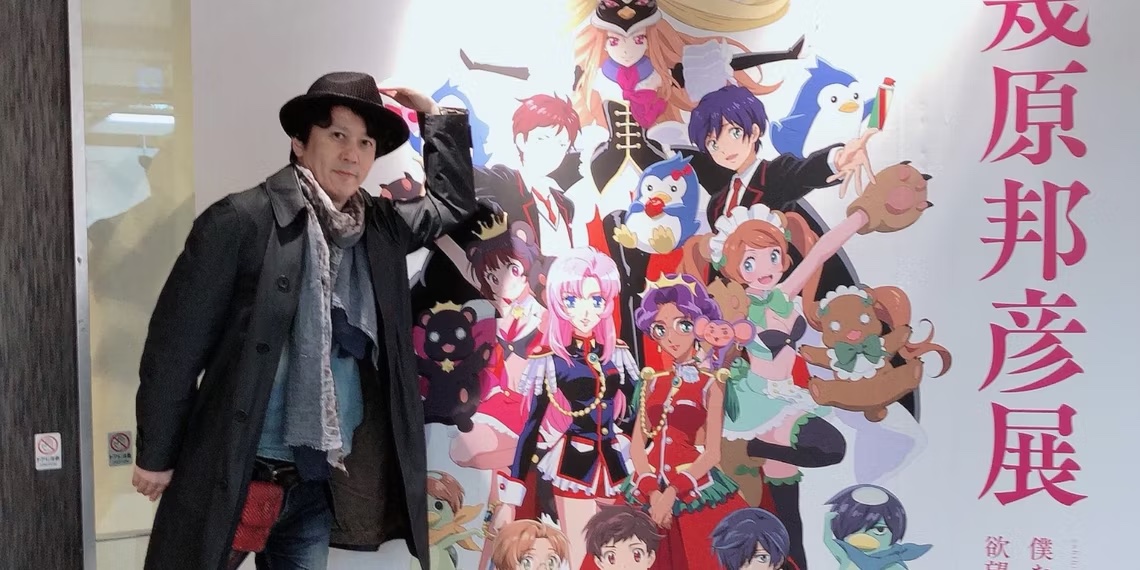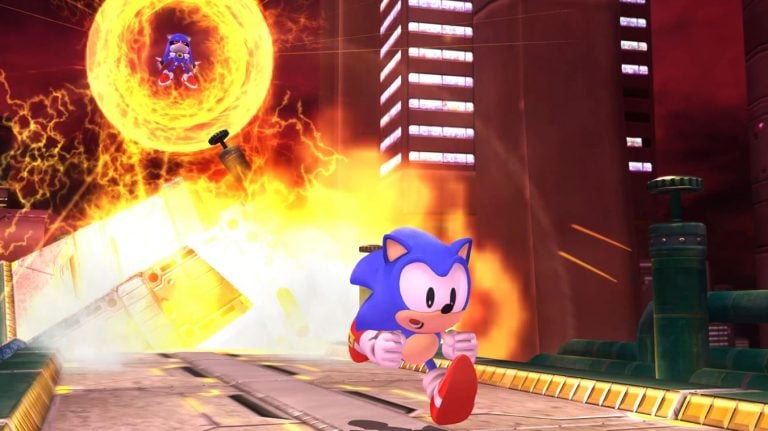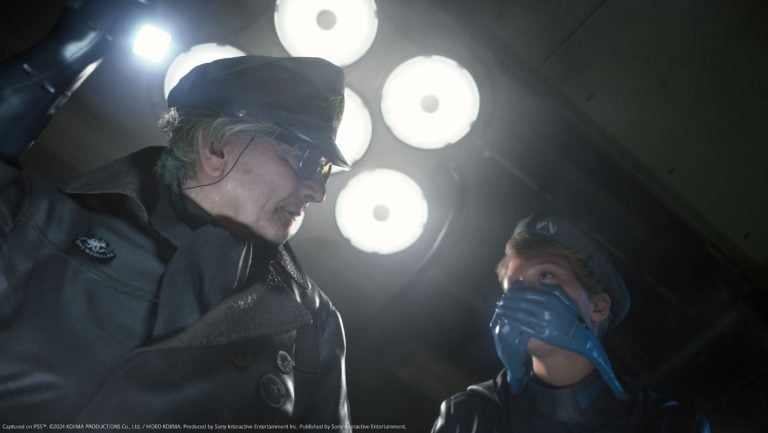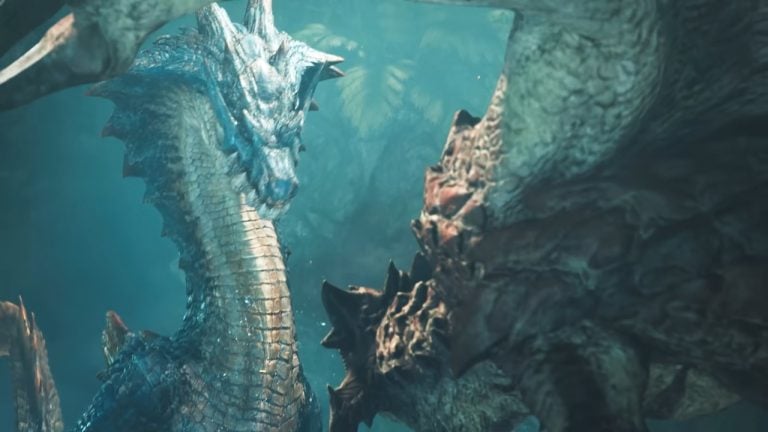False accusations of plagiarism are a growing problem for the anime industry in Japan, and they have been known to cause life-threatening outcomes. Veteran anime director Kunihiko Ikuhara struck back against a woman who continuously made false accusations against him, hoping to avoid a dangerous escalation and set an example that will deter others from making similar false claims.
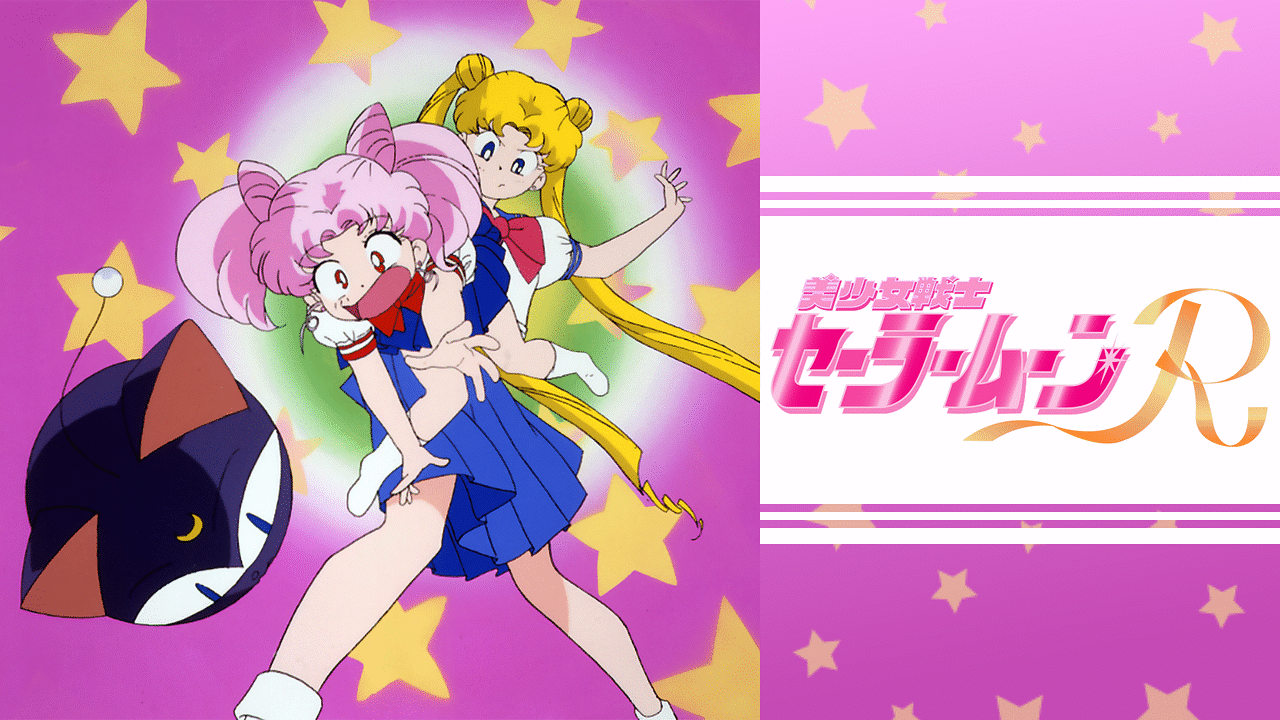
Kunihiko Ikuhara, the renowned anime director known for works like Sailor Moon, Revolutionary Girl Utena and Penguindrum, faced plagiarism accusations when an anonymous woman on X/Twitter accused him of copying her artwork. According to Mainichi Shimbun, in April 2022, Ikuhara received X/Twitter DMs from an unknown woman who accused him of plagiarizing her character illustrations. The woman claimed that Ikuhara had traced her artwork, causing her “deep emotional distress.”
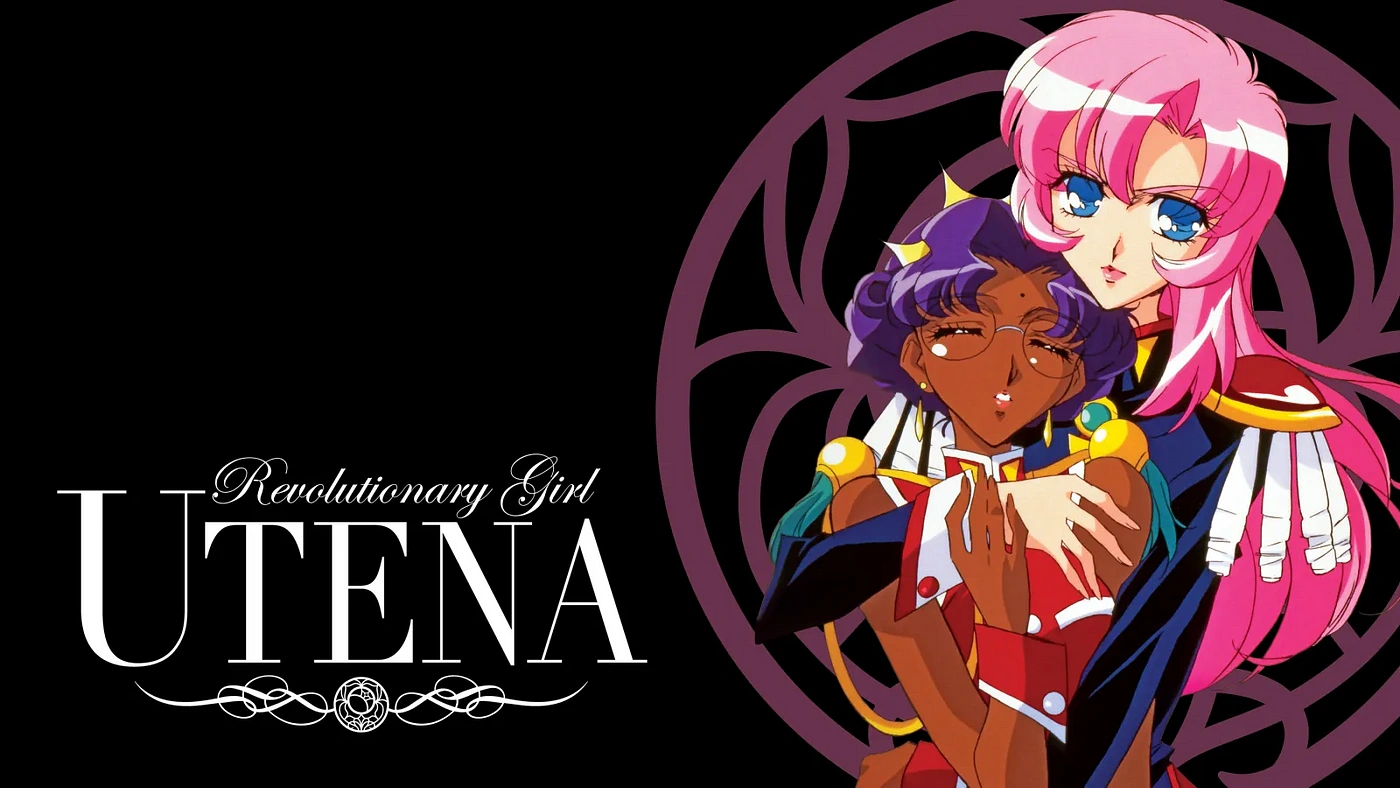
Upon receiving the accusations, Ikuhara compared the ‘plagiarized’ works to his own, but was unable to find any similarities between the works. Since the director found the claims to be baseless, he decided to remain silent on the matter, not replying to the messages.
Unfortunately, Ikuhara’s lack of response only seemed to have angered the woman further, as she soon began sending emails to various establishments in connection to the director such as his workplace, anime and publishing companies, and talent agencies. The woman even sent emails about the director’s assumed art theft to other illustrators.
Ikuhara, viewing the persistent accuser as a possible threat to his safety, even canceled his band’s live performance and other events due to security concerns. In response to the whole ordeal, Ikuhara sought the help of authorities to aid in security, with police officers patrolling the surroundings of his house and visiting his home twice a day.
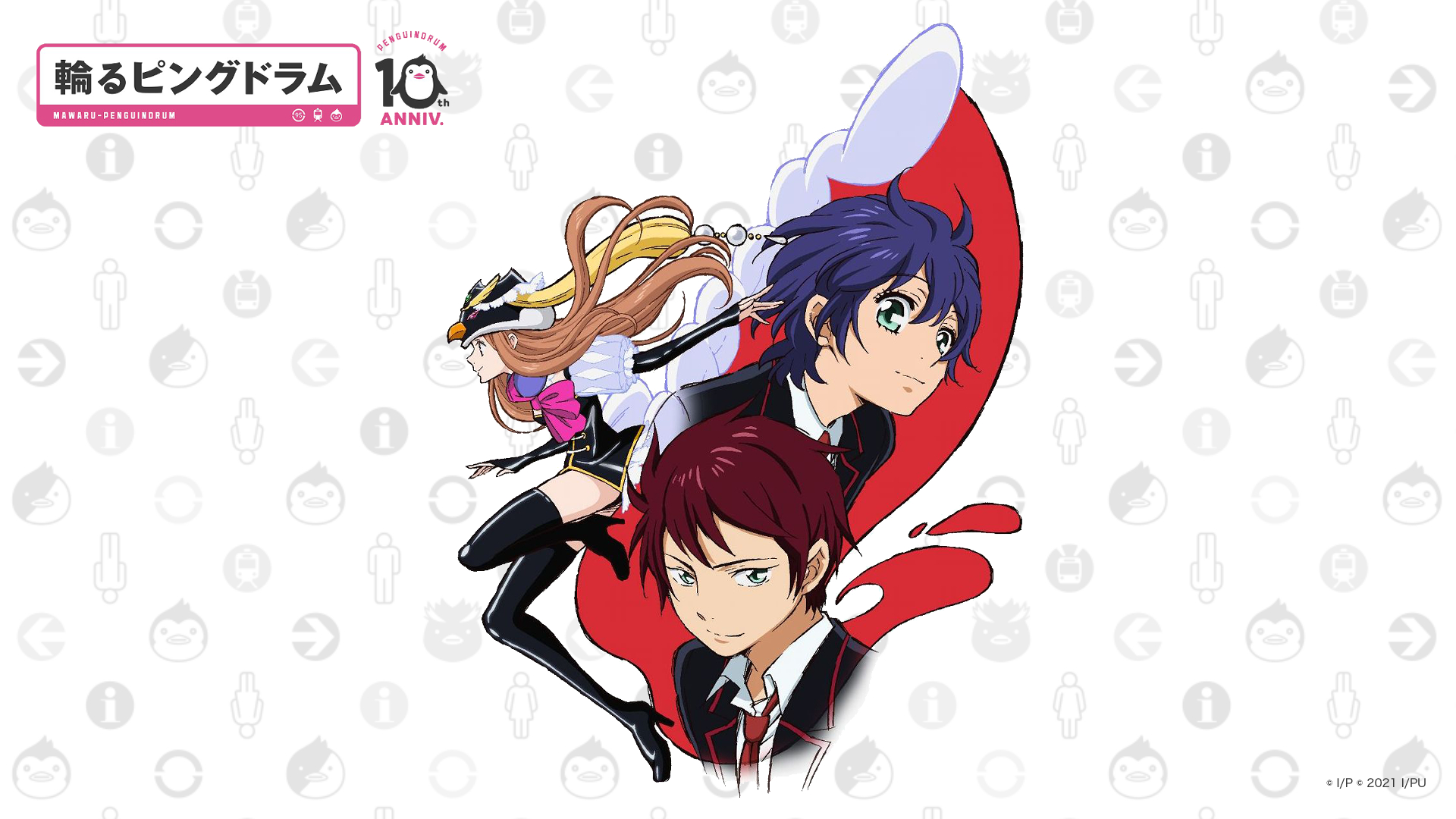
Ultimately, Ikuhara began legal proceedings against the woman, filing a lawsuit in June 2022. According to Mainichi Shimbun, “In June 2022, Ikuhara filed a lawsuit at the Tokyo District Court Tachikawa Branch, seeking 3.3 million yen (approx. 22,018 USD) in compensation from the woman, claiming that false accusations had been sent to his workplace, damaging his reputation and obstructing his work. Later, the claim increased to 4.4 million yen (approx. 29,357 USD).” The case is still ongoing, however, a verdict is expected to be reached on December 13.
It seems a big motivation to pursue litigation against the woman for her inappropriate actions was Ikuhara’s hope to prevent other creators from enduring similar harm. Ikuhara comments on how the relationship between audiences and creators is now closer than ever before, with anime production staff having social media accounts that fans can directly interact with, which has led to important boundaries becoming blurred. Ikuhara mentions that part of his concern lies with attacks against creators by disgruntled ex-fans, like in the case of the Kyoto Animation arson attack.
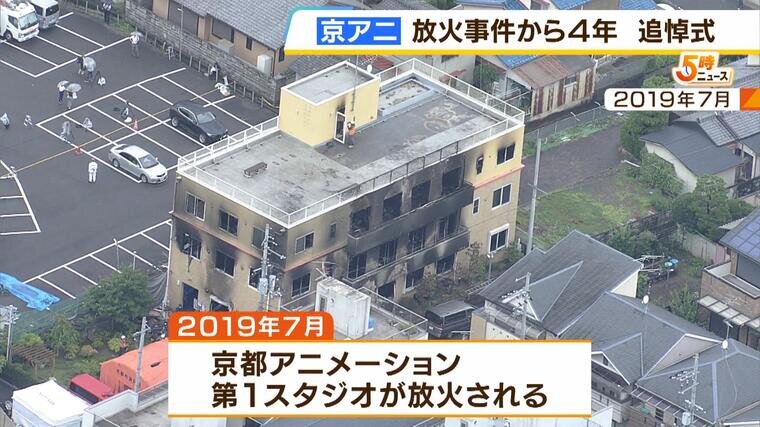
The Kyoto Animation arson attack was committed in 2019 by a man who believed that Kyoto Animation plagiarized his novel after he submitted a draft to the studio. The arson attack, committed out of resentment, killed 36 people and seriously injured 32. Only three months after the attack, another man was arrested after suggesting that he would commit arson against a video production company. Similarly to the woman in Ikuhara’s lawsuit, the man became frustrated after receiving no response when he attempted to email the company regarding his perceived copyright infringement. It seems that for the individuals who make these accusations, when creators respond with silence, it can inadvertently escalate the situation.
The article warns that the ease with which we can interact with creators today is somewhat of a double-edged sword, as creators become subject not only to praise but also, in some cases, hostility. With more opportunities for people to interact with creators in a closer manner than ever before, it could also lead to frustration when creators choose not to communicate with them. Since reactions can be unpredictable, there may be cases in which it is necessary to take precautionary steps, such as involving authorities.
Although Japan is generally perceived as a safe country, there has been a rise in terrorist attacks in the past few years, with Japan consistently having a Terrorism Index of 1.974 or higher since 2018. With recent incidents like the Kyoto Animation arson, it’s easy to understand why creators may have concerns about actions reminiscent of the ones leading up to recent tragedies. The verdict for the lawsuit between Ikuhara and the woman will be given on December 13.

